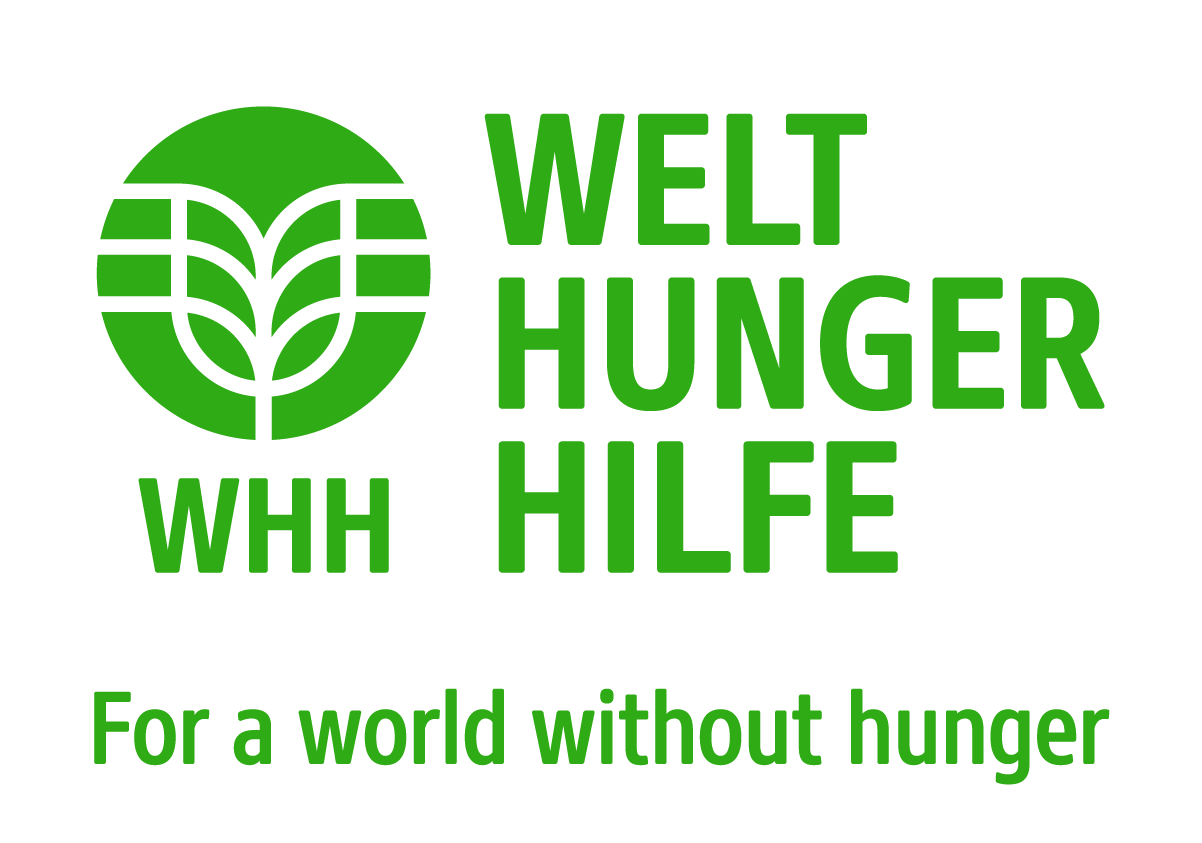When music gives you the courage to pursue your future
Murat in front of the hospital where he is doing his first internship as part of his studies. Diyarbakır, July 2021 © Welthungerhilfe
The Coronavirus pandemic is impacting mental health worldwide. This is also true for many students who were affected by the closure of schools and universities. Turkey has been quick to introduce an online learning system that allows students to continue their education from home. However, this model is not for everyone. Some are able to adapt to the new way of learning, while others are unable to catch up and feel left behind.
Refugee students in Turkey have been hit hard by the effects of the Coronavirus pandemic. Many live with their families in poor conditions and see their parents lose their jobs as businesses close. This can cause additional stress for students as they have to catch up on schoolwork on their own while their families try to cope with the financial hardship.
Murat is one of the students who faced enormous challenges when his university had to close its doors and classes shifted to online courses. But this did not stop Murat from achieving his dream. Through Welthungerhilfe, he discovered how music can give him the courage to pursue his future.
"After I came to Turkey, I started studying. Education was a big advantage for me. I attended high school in Diyarbakır and now I am enrolled at the university. While I was preparing for the second-year exams, the pandemic broke out," Murat says. He and his family have been living in Turkey since 2013. Like his sister, who graduated from nursing school, Muart is currently attending nursing courses at Dicle University.
My life during the pandemic was very challenging
During the pandemic, Murat developed anxiety and was under a lot of stress as he tried to keep up with his studies and pass his exams despite his family's rapidly changing circumstances."My life during the pandemic was very challenging. We were all infected with the Coronavirus and suffered from the disease. We were quarantined, but at the same time I had to take my exams hence I missed some exams, I just couldn't take them. Besides, the university had to close and we received classes online, but I didn't understand anything. I had a hard time," Murat continues.
The pandemic has affected the well-being of many people. Families are trying to cope with the effects of the virus and the worsening financial situation. Last year, with financial support from the European Union, Welthungerhilfe began offering Life Skills Sessions to refugees living in Mardin and Diyarbakır, first online and later in person. There, people find a safe space to talk about their feelings and difficulties in their new daily lives and learn how to deal with stressful situations.
"I attended because I wanted to gain a different perspective on my situation and be well mentally. I wanted to learn how to deal with stress, how to assert myself, how to overcome my shyness and boost my self-confidence," says Murat, who is now completing his first internship at a hospital as part of his studies.
"I was able to put a lot of advice and helpful exercises into practice and incorporate them into my daily routine. I feel that I have more confidence. As part of my internship in the hospital, we get very close to the patients, sometimes my hands shake with excitement, but the life-skills sessions have boosted my self-confidence. I learned about stress management methods. I started listening to music and doing sports twice a week. Now, when I am stressed, I meditate, I try to sit down on the grass and breathe deeply. I play the guitar ... I learned to play the Godfather theme song," Murat says proudly.
I am confident that there is nothing to be afraid of
The exercises he learned during the life skills session not only helped him complete his internship with confidence, but also helped him structure his schedule at university and focus on his exams.
"As students, we experience a lot of exam stress, but during the session we learned to deal with it. I listen to music most of the time. I play my guitar during breaks. When I have an exam, I don't stress about it for a few days before the exam and don't think too much. I a plan I developed as part of the session that helps me organize my day and be successful. I am confident that there is nothing to be afraid off,” Murat explains.
Murat and Sıdıka, supervisor of the life skills activity, are meeting for the first time in person to talk about Murat's developments during the last month. Diyarbakır, July 2021 © Welthungerhilfe
Welthungerhilfe started the Life Skills Activities in 2020 thanks to funding from EU Humanitarian Aid. More than 730 Syrian and non-Syrian refugees have already benefited from the guidance and trainings.

Besides nursing, playing the guitar has become Murat’s new passion. Music helps him deal with stress caused by his studies and boost his self-confidence, which he needs when dealing with patients. Diyarbakır, July 2021 © Welthungerhilfe

